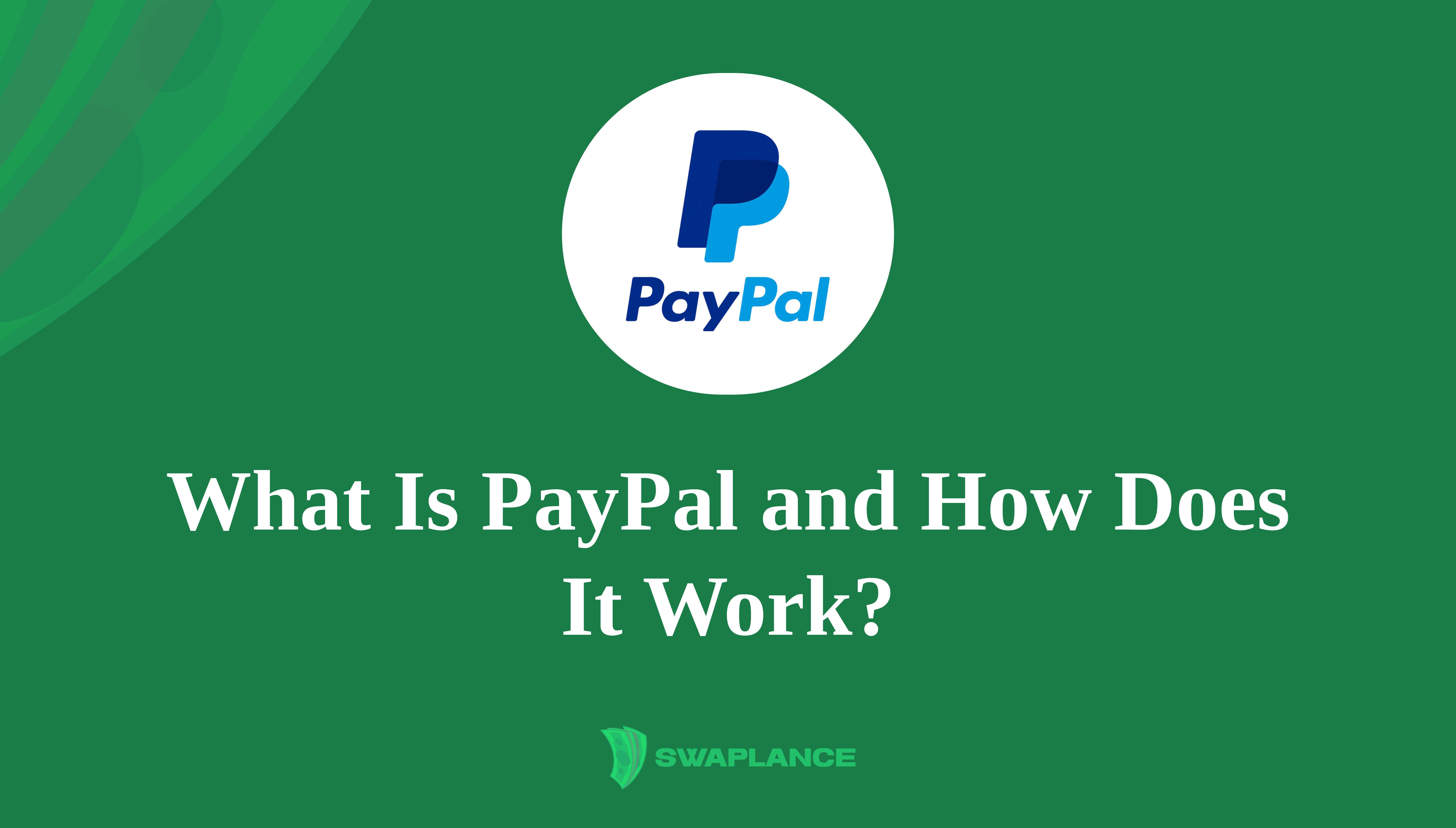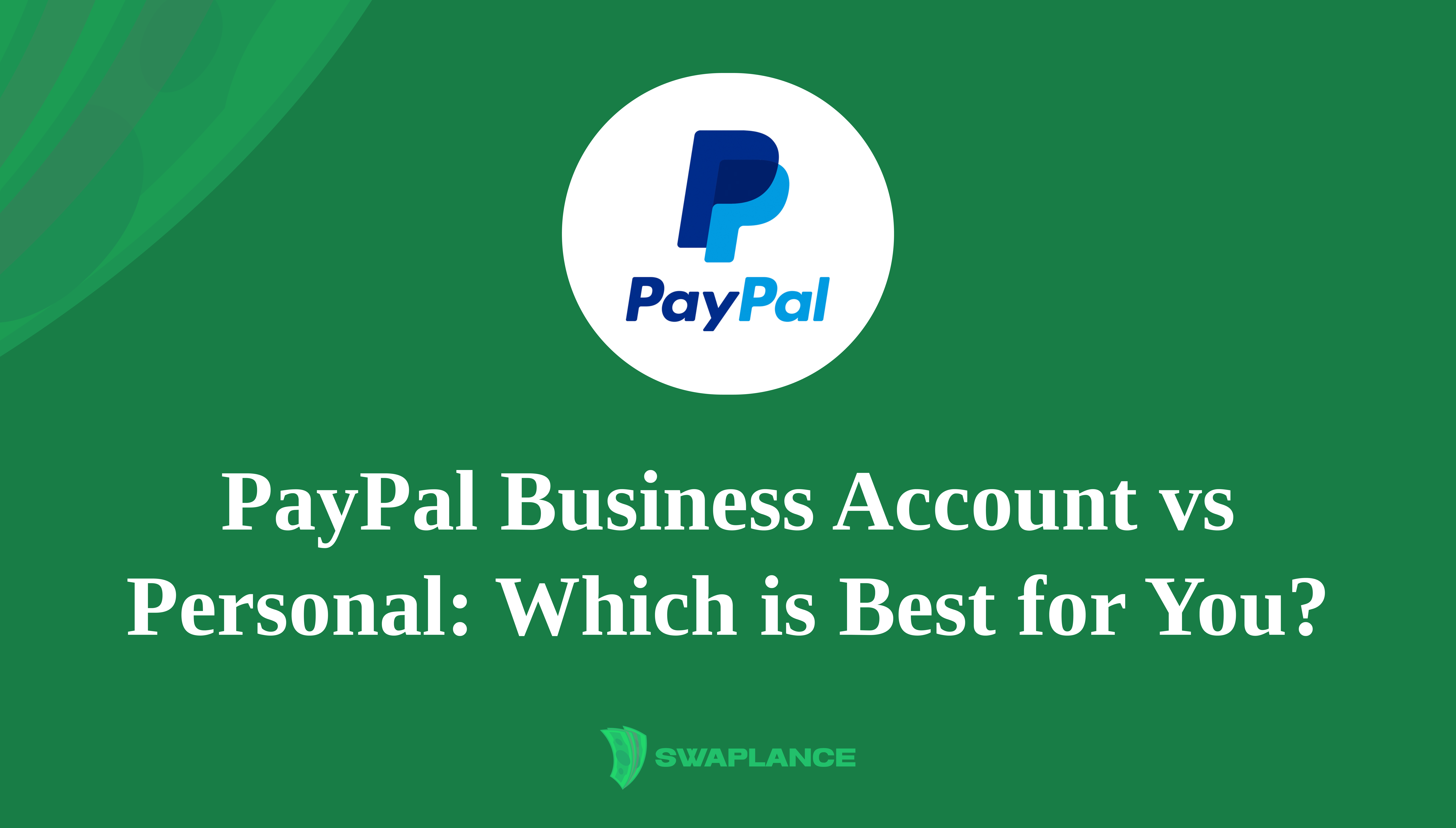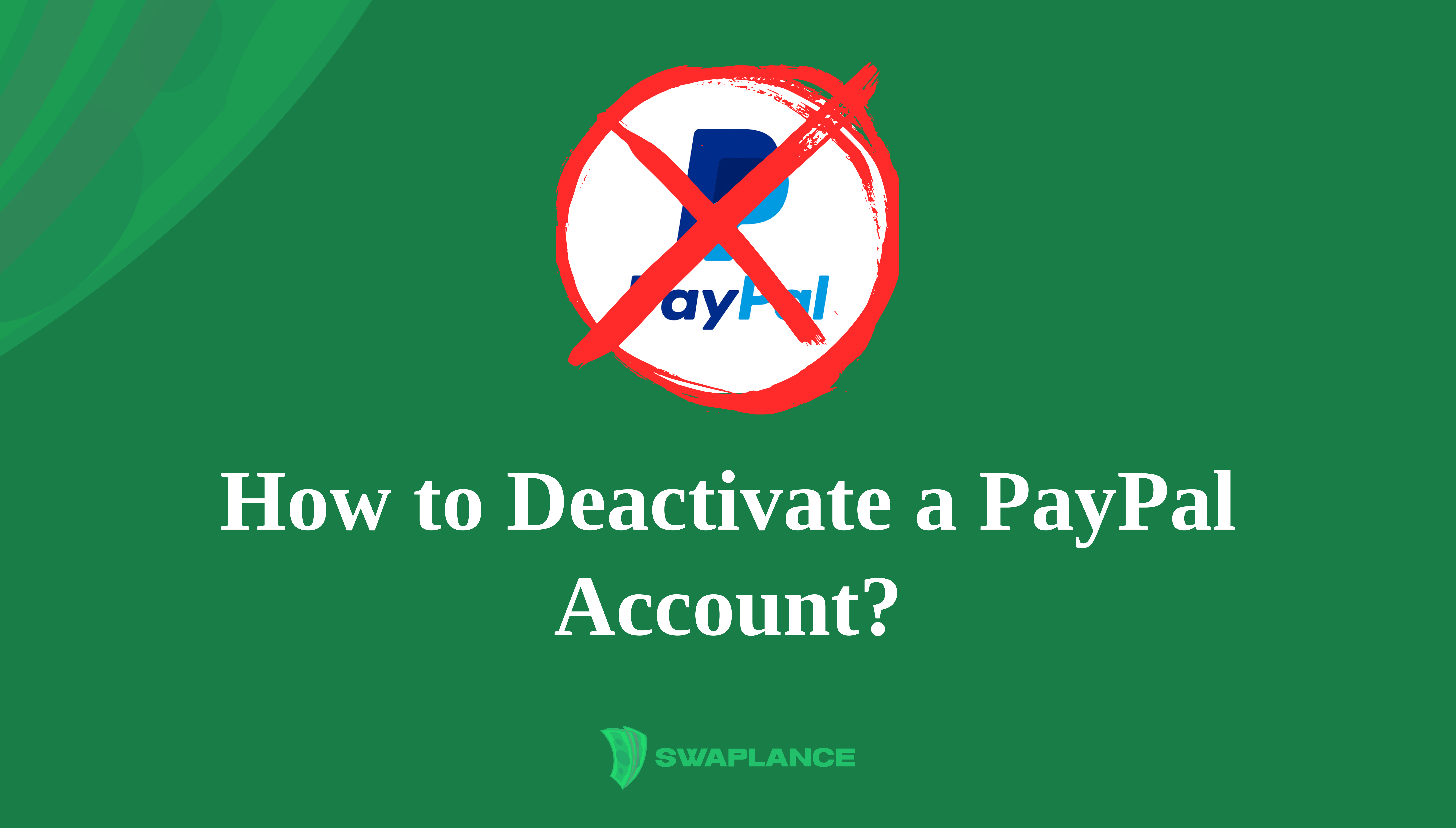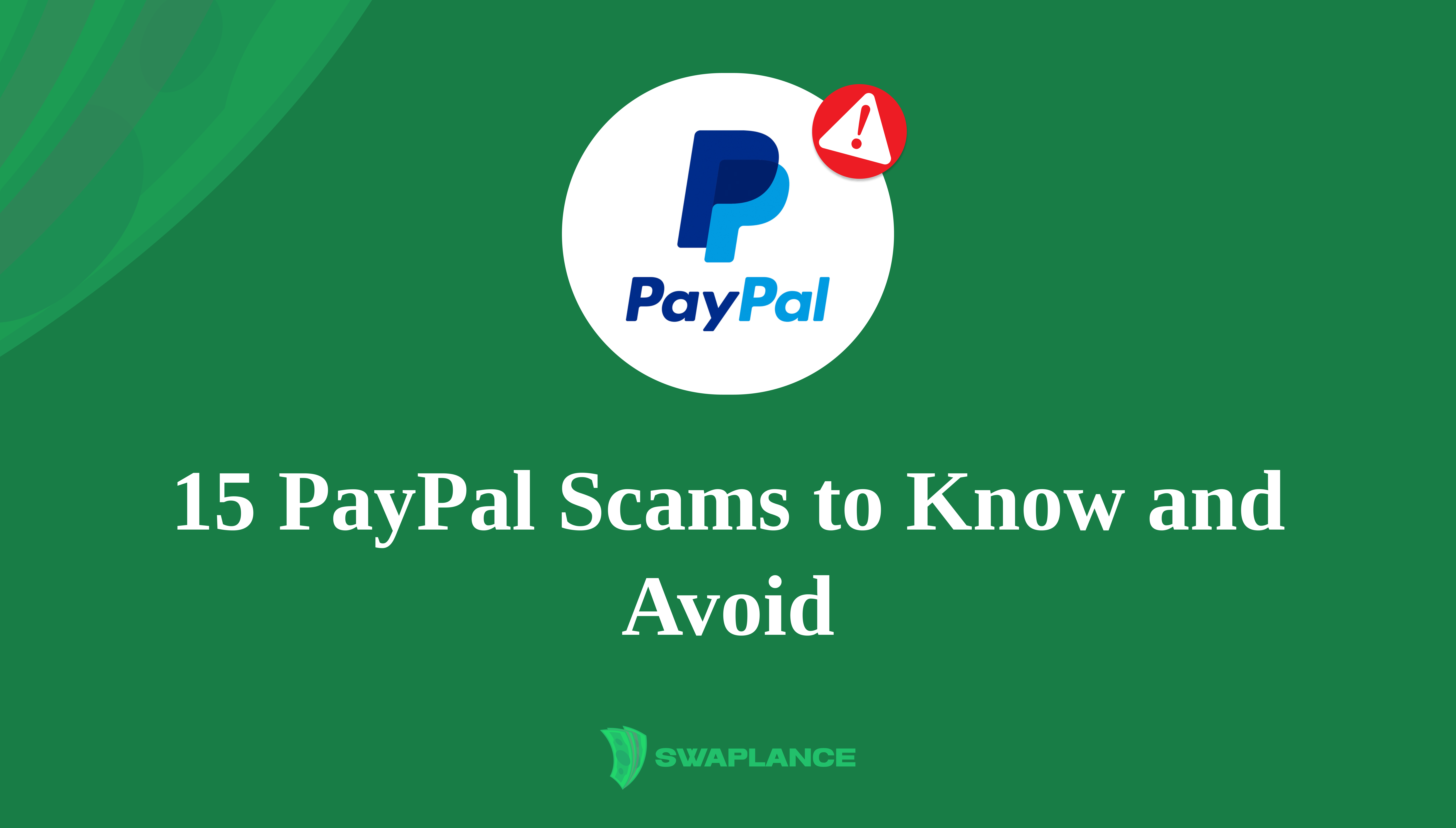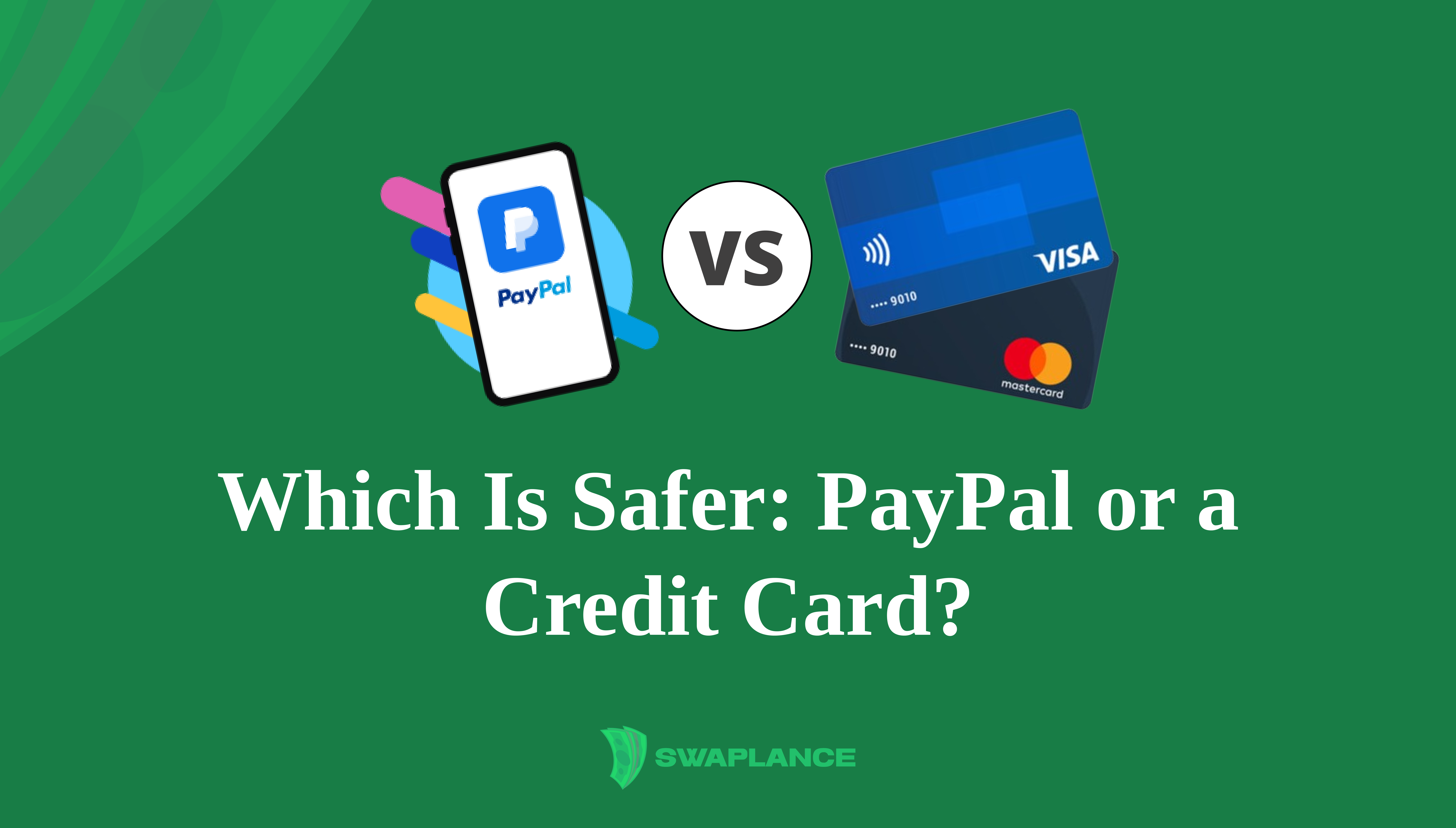
Which Is Safer: PayPal or a Credit Card?
In the digital age, ensuring the security of your financial transactions is paramount. When choosing between PayPal and credit cards for online payments, several factors come into play, including security features, fraud protection, privacy considerations, fees, and convenience. This article delves into these aspects to help you decide which payment method is safer for your needs.
Security Features of PayPal
PayPal has built a robust reputation for its security measures. When comparing PayPal vs. credit card payment, PayPal offers several advantages:
- Encryption and Monitoring: PayPal uses advanced encryption technologies to protect users' data. Every transaction is encrypted, ensuring that sensitive information is secure. Additionally, PayPal's system monitors transactions 24/7 for any suspicious activity, which helps in the early detection of fraud.
- Two-Factor Authentication (2FA): PayPal offers 2FA, adding an extra layer of security. Users can link their accounts to their mobile phones, requiring a unique code sent to their device and their password for logging in.
- No Direct Sharing of Financial Information: One key benefit of using PayPal is that it acts as an intermediary between your bank account or credit card and the merchant. This means that your financial information is not directly shared with sellers, reducing the risk of compromised details.
- Secure Transactions: PayPal provides secure payment gateways for online shopping and is widely accepted by numerous merchants worldwide. This universal acceptance, combined with PayPal's secure payment processing, makes it a reliable option for consumers.
Security Features of Credit Cards
Comparing credit cards vs. PayPal, one can note that a credit card offers widespread acceptance and additional perks, while PayPal provides enhanced privacy and security for online transactions. Credit cards have long been a staple for secure payments, offering their own set of security features:
- Fraud Detection Systems: Credit card companies employ sophisticated algorithms to detect and prevent fraudulent transactions. These systems analyze spending patterns and flag any unusual activity, often notifying the cardholder immediately.
- Zero Liability Policies: Most major credit card companies have zero liability policies, which means cardholders are not responsible for unauthorized transactions made with their cards.
- EMV Chip Technology: Modern credit cards are equipped with EMV chips, which provide enhanced security compared to traditional magnetic stripes. The chip generates a unique transaction code each time it is used, making it difficult for fraudsters to replicate.
- Chargeback Mechanism: Credit cardholders can initiate chargebacks to dispute unauthorized or fraudulent charges. This mechanism offers a layer of protection as the card issuer investigates and potentially reverses the charge if it is found to be fraudulent.
Fraud Protection and Dispute Resolution
When considering whether it is better to pay with PayPal or a credit card, it's important to look at the fraud protection and dispute resolution processes offered by each. Both PayPal and credit cards provide strong protections, but there are differences:
- PayPal Buyer Protection: PayPal provides a comprehensive Buyer Protection program. You can file a dispute if an item you purchase online doesn't arrive or differs significantly from its description. PayPal will investigate and potentially reimburse you for the full amount, including shipping costs.
- Credit Card Chargebacks: Credit cards offer chargeback rights, allowing you to dispute charges if you believe they are unauthorized or if there is an issue with the purchase. The card issuer investigates the claim and, if valid, will reverse the transaction.
- Ease of Filing Disputes: Filing a dispute with PayPal is straightforward and can be done through your account interface. Credit card companies also provide easy access to dispute services, typically via customer service or online platforms.
- Resolution Time: PayPal disputes and credit card chargebacks can take time to resolve. Payments generally take around 30 days to investigate a claim. Credit card disputes can vary, but they often provide provisional credit to the cardholder during the investigation.
Privacy Considerations
Should I pay with PayPal or a credit card to protect my personal information better? In the digital age, privacy is a critical concern when making online payments, and both PayPal and credit cards have different approaches:
- PayPal Privacy: When using PayPal, your financial information is not directly shared with the merchant. This adds a layer of privacy and reduces the risk of your information being compromised during a transaction. PayPal also has strict privacy policies in place to protect user data.
- Credit Card Privacy: When you use credit cards, your information is shared with the merchant during the transaction. While this is generally secure due to encryption and security measures in place, it does increase the risk of data breaches at the merchant level. Credit card companies offer protections, but the direct sharing of information can be a concern.
- Data Handling: PayPal collects and stores a significant amount of data to facilitate transactions and improve services. Credit card companies also gather data but typically have more established regulations and protocols for handling and protecting this information.
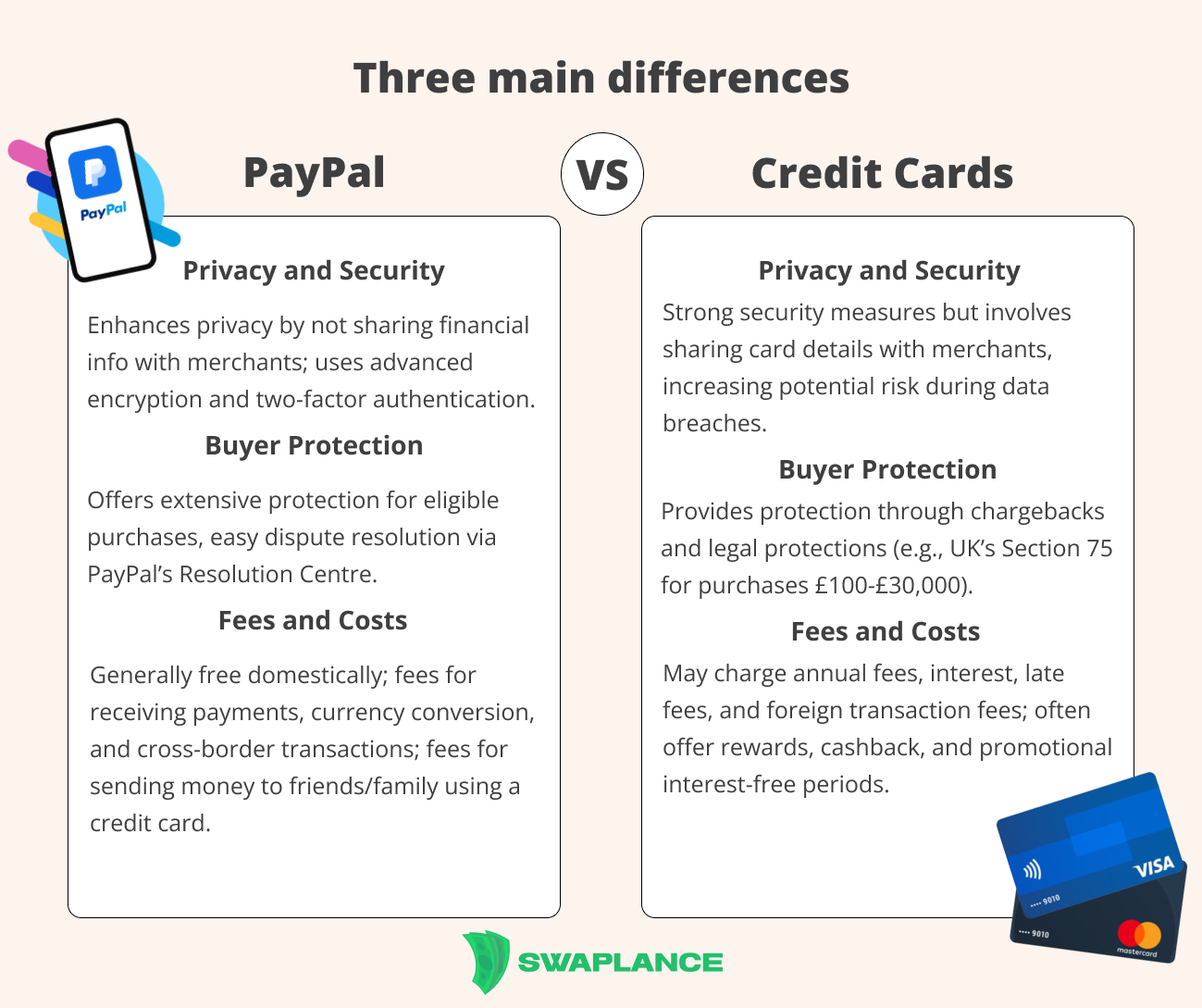
Fees and Charges
Understanding the fees and charges associated with PayPal and credit cards is essential for cost-effective usage:
- PayPal Fees: PayPal charges fees for certain transactions, especially for receiving money for goods and services. Depending on the country, these fees can range from 2.9% plus a fixed fee per transaction. However, sending money to friends and family within the same country is usually free when funded by a PayPal balance or linked bank account.
- Credit Card Fees: Credit card fees vary by issuer and type of card. Standard fees include annual fees, foreign transaction fees, cash advance fees, and interest charges on unpaid balances. Some credit cards offer no annual fees and lower rates for specific transactions.
- Transaction Costs: For merchants, accepting PayPal can be slightly more expensive due to higher transaction fees compared to credit card processing fees. The cost difference is less noticeable for consumers but can impact the overall pricing of goods and services.
Convenience and Accessibility
The ease of use and accessibility of payment methods are crucial in decision-making. Does PayPal count as a purchase on credit card statements, and how does each method fare in terms of convenience? Both PayPal and credit cards offer unique conveniences and accessibility features:
- PayPal Convenience: PayPal is highly convenient for online purchases, allowing users to pay without entering their credit card information each time. Numerous online merchants widely accept it and also offer the ability to pay using your PayPal balance, linked bank account, or credit card.
- Credit Card Convenience: Credit cards are universally accepted online and offline. They offer rewards programs, cashback, and other incentives for usage. Using a credit card can also provide additional purchase protections and extended warranties on goods.
- Linked Payments: You can link your credit card to your PayPal account, allowing you to benefit from the convenience of PayPal while still earning credit card rewards. Transactions made this way count as credit card purchases and can be tracked through your card issuer.
In conclusion, both PayPal and credit cards offer robust security features, fraud protection, and convenience. The choice between the two depends on your specific needs and preferences. PayPal provides enhanced privacy and ease of use for online transactions, while credit cards offer widespread acceptance and various consumer protections. So, whatever you choose, Swaplance works with both PayPal and credit card payments. Assessing your priorities regarding security, privacy, fees, and convenience will help you decide which payment method is safer and more suitable for your financial activities.
Common questions
-
What security measures does PayPal offer to protect users?PayPal employs several security measures to protect its users. It uses advanced encryption to safeguard personal and financial information during transactions. PayPal also offers two-factor authentication (2FA), adding an extra layer of security by requiring a code sent to the user's mobile device and their password. The platform continuously monitors transactions for suspicious activity, providing real-time alerts and swift responses to potential fraud. Additionally, PayPal's Buyer Protection program ensures that eligible purchases are covered if there are issues with delivery or product discrepancies.
-
How do credit card companies protect against fraud?Credit card companies protect against fraud through several robust measures. They employ advanced algorithms and monitoring systems to detect unusual spending patterns and flag suspicious transactions, often notifying cardholders immediately. Most credit cards have zero liability policies, ensuring cardholders are not held responsible for unauthorized charges. EMV chip technology further enhances security by generating a unique transaction code for each use, making it difficult for fraudsters to duplicate. Additionally, credit card companies offer chargeback mechanisms, allowing cardholders to dispute fraudulent charges and potentially reverse them after investigation.
-
Are there any additional fees or charges when using PayPal compared to a credit card?Yes, there can be additional fees or charges when using PayPal compared to a credit card. PayPal charges fees for receiving payments for goods and services, typically around 2.9% plus a fixed fee per transaction. There are also fees for currency conversions and cross-border transactions. Sending money to friends and family using a credit card through PayPal can incur a fee, unlike using a PayPal balance or linked bank account, which is often free. Credit cards may have their fees, such as annual fees, foreign transaction fees, and interest charges, but the structure and amount of fees can vary significantly between the two payment methods.
 Mark Petrenko
Mark Petrenko 